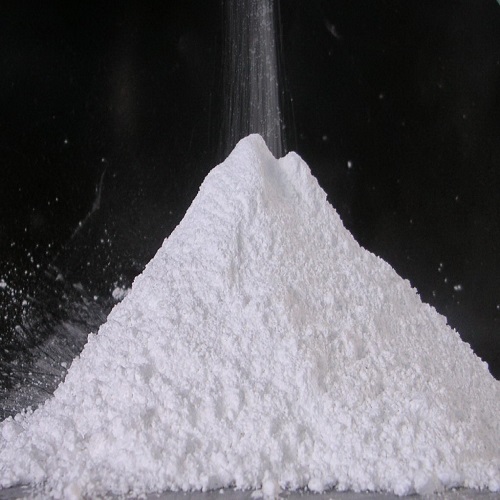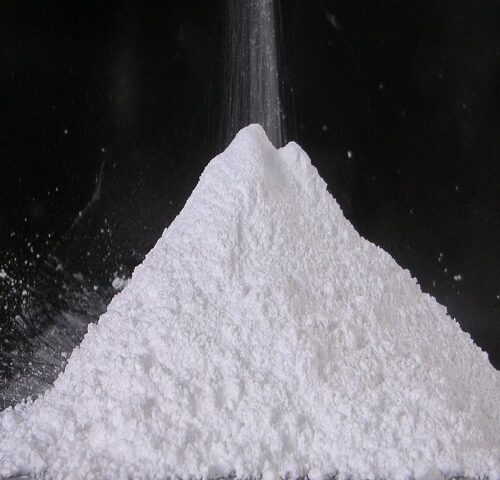Do talc products have an expiration date?

Talc, a naturally occurring mineral, has been used for centuries in various personal care and cosmetic products. Its softness and ability to absorb moisture make it a popular ingredient in items like baby powder, body powders, makeup, and skincare products. Being a experienced and reputed Talc Powder Manufacturer in India, many consumers have asked us whether talc products have an expiration date, and thus through this blog post, we'll explore this topic in depth. Understanding the shelf life of talc products can help you make informed choices about their usage and storage.
The Shelf Life of Talc Products
Talc, in its natural form, is a stable mineral and does not have a strict expiration date. This means that talc itself doesn't degrade or spoil over time. However, talc is often used as an ingredient in various consumer products, and these products may have their own shelf life.
The shelf life of a talc-based product can vary depending on factors such as its formulation, packaging, and storage conditions. Most talc products come with a "best before" or "use by" date, which indicates the manufacturer's recommendation for the period during which the product is expected to perform at its best. It's essential to pay attention to these dates to ensure product efficacy and safety.
Factors Affecting Talc Product Shelf Life
Several factors can influence the shelf life of talc products:
Formulation: The specific formulation of a talc product, including other ingredients and preservatives, plays a significant role in determining its shelf life. Products with more natural or organic ingredients may have a shorter shelf life compared to those with synthetic preservatives.
Packaging: The type of packaging used can impact a product's shelf life. Air-tight and light-resistant containers can help extend the life of talc-based products by preventing moisture and UV rays from degrading the product.
Storage Conditions: Proper storage is crucial to maintaining the quality of talc products. Store them in a cool, dry place away from direct sunlight and moisture. Exposure to extreme temperatures can also affect the product's texture and performance.
Product Type: The type of talc product matters as well. For instance, loose powder products may have a longer shelf life than liquid or cream formulations because they have fewer ingredients that can break down over time.
Signs of Expired Talc Products
While talc itself may not expire, talc-based products can deteriorate over time. Here are some signs that indicate a talc product may have expired:
Change in Texture: The texture of the product may become clumpy, lumpy, or dry. This can make it challenging to apply smoothly on the skin.
Off-Odor: An unpleasant or rancid odor is a clear indicator that the product has gone bad.
Skin Irritation: Expired talc products may cause skin irritation, redness, or breakouts. If you experience any adverse reactions, discontinue use immediately.
Color Changes: The color of the product may change or become uneven, which can affect its appearance on the skin.
Ineffective Performance: Expired talc products may not perform as effectively as they should. For example, a loose powder may not provide the same oil-absorbing benefits it once did.
Conclusion
In conclusion, while talc itself does not have an expiration date, talc-based products can degrade over time due to various factors such as formulation, packaging, and storage conditions. To ensure that your talc products remain safe and effective, it's essential to pay attention to the manufacturer's recommended shelf life, look for signs of expiration, and follow proper storage and hygiene practices. By doing so, you can make the most out of your talc products while maintaining your skin's health and safety. If you're looking for high-quality talc powder, Mewar Microns is your destination. Whether you're a cosmetics manufacturer or a consumer, choosing the high quality talc powder can make a significant difference in product quality and longevity.



